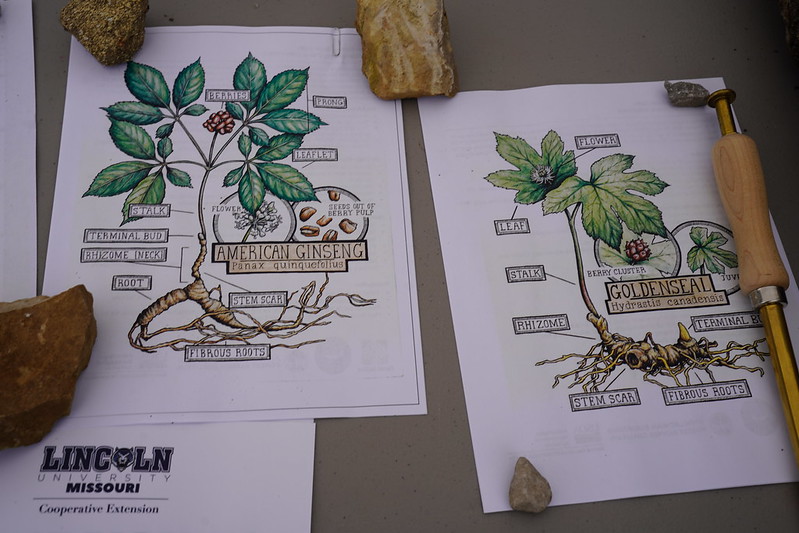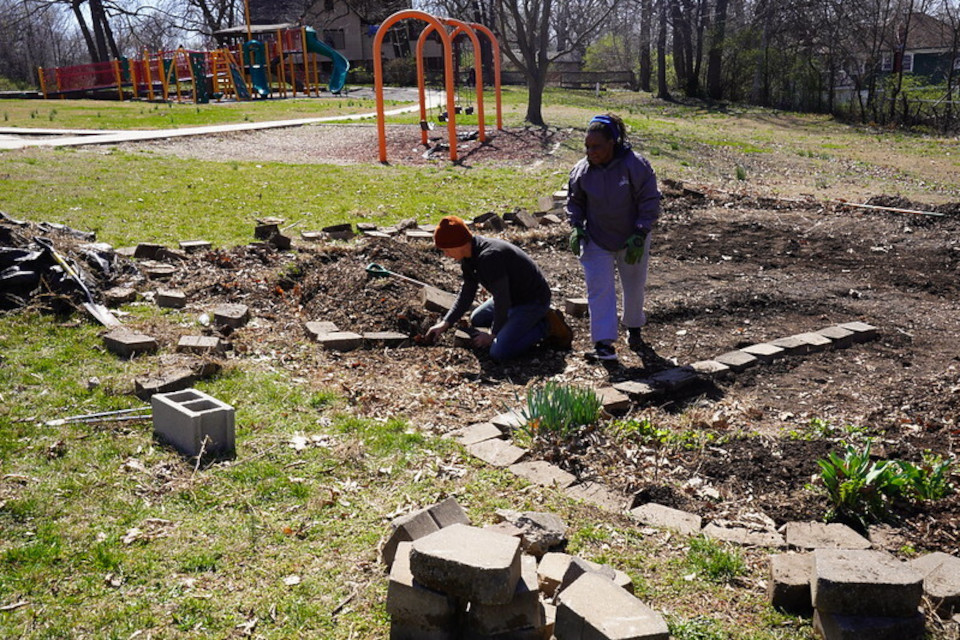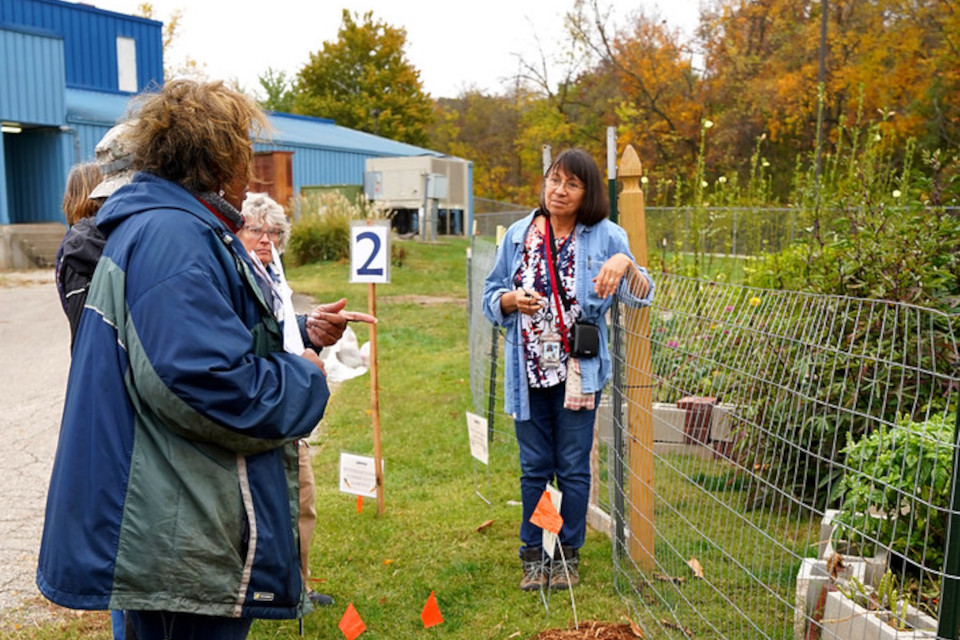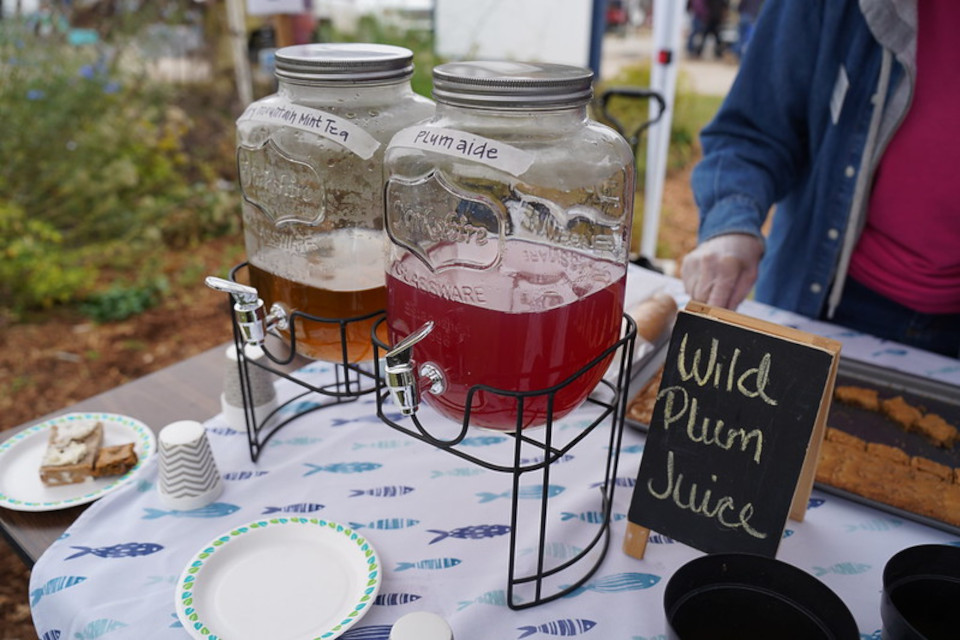
Mission
We provide a variety of resources, both online and in-person, to raise awareness about specialty crops, their potential, nutritional value, health benefits, and positive environmental impact.
Our programs empower underserved and underrepresented communities with practical knowledge on cultivating specialty crops for personal consumption and income generation. This helps ensure food security, fosters success in crop production, enhances product quality, and promotes environmentally sustainable practices.

Native Plant Outdoor Laboratory (NPOL)
Located on LU campus, the NPOL consists of several garden beds with more than 100 native plants, herbaceous and woody, which also can be found on prairies, savannas, wetlands, and woodlands. It was created as an educational tool in 2009 to offer an easily accessible place where visitors can identify and enjoy native plants and their pollinators all year. The NPOL provides samples of beautification that can be adapted in farms and gardens.
FINCA EcoFarm
FINCA (Families Integrating Nature, Conservation and Agriculture) is a small but highly diversified farm that can provide subsistence for a family, and excess production is sold at local venues or transformed into value-added products for consumption. The FINCA EcoFarm, located on campus in Jefferson City, is open to visitors to see more than 50 native plants. Field days, seminars, and workshops are organized throughout the year or upon request.
Dining Wild
SCP teams up with chefs, farmers, market vendors, volunteers, LU Extension staff, and non-profit organizations to host these outreach events. Dishes and beverages are prepared with at least one native edible and local crops for attendees to sample. The events usually include a lecture by a guest speaker, garden tours, and Exhibits.Upcoming Events
We provide a variety of resources, both online and in-person, to raise awareness about specialty crops, their potential, nutritional value, health benefits, and positive environmental impact.
Our programs empower underserved and underrepresented communities with practical knowledge on cultivating specialty crops for personal consumption and income generation. This helps ensure food security, fosters success in crop production, enhances product quality, and promotes environmentally sustainable practices.

